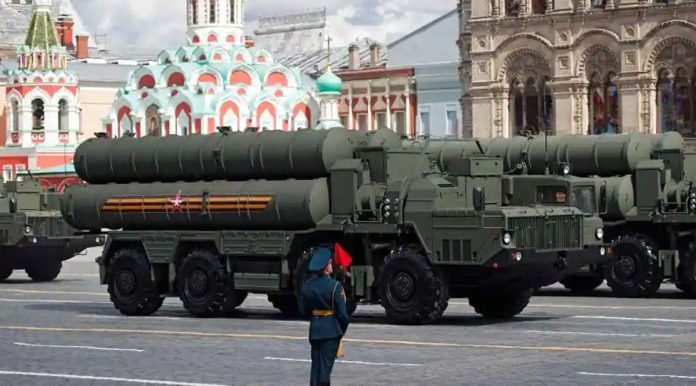- It is widely known information across the international community about the Indian military’s considerable reliance on Russian-made inventory for the last several decades. As you may be aware, the Indian military inventory almost makes up 60-70% of Russian supplies. Therefore, our dependency on Russian spares, technical know-how, and other related support system hasn’t reduced despite efforts to the contrary. Now, we all know how the global geopolitical and geostrategic alignments had to face alteration in the backdrop of the ill-timed Russian invasion of Ukraine. And the situation continues to worsen by the day.

PC: India Today Web Desk
- Of course, the ongoing war between the two countries seems to have no immediate end in sight despite the limited success of US-led sanctions imposed on Moscow. India too has come under severe pressure to side with the global community, but New Delhi has withstood the mounting challenges on this front by steadfastly exhorting the two countries to uphold the virtues of peaceful resolution of the dispute. However, unlike other countries, India also has to contend with an aggressive, ambitious, brazen, and increasingly belligerent China on its eastern borders.
- Lest we forget about Pakistan on the western border which relentlessly pursues inflicting thousands of wounds on the nation. Confronted with extremely challenging situations on both sides of the international border, the Indian establishment has to be clear in safeguarding our security aspects as well as sovereignty in an adequate manner. Against this backdrop, the US House of Representatives last week drawing on bipartisan support to pass an amendment urging the Joe Biden administration to extend India a waiver from sanctions that could be triggered by its purchase of Russia-made S-400 air defense system is a welcome move.

PC: CHRISTOPHER WOODY
- Remember, the S-400 transaction was concluded in 2018. It can fall afoul of CAATSA, a 2017 US law that imposes sanctions on buyers of Russian arms. As such, Biden should offer India a waiver as the amendment makes a compelling case to take a far-sighted view of bilateral ties. As rightly pointed out by the Representative, this waiver is essential to deter China from fancying its ambitions further. Welcomingly, the amendment also urged the US to take more steps to assist India’s pivot away from its reliance on Russia-made arms. The amendment is in sync with the tenor of the recent bilateral strategic relations.
- The watershed year was 2008 and the cumulative US defense contracts with India add up to at least $20 billion presently. Note that it was just $500 million in the period before 2008. Furthermore, in 2016, the US recognized India as a major defense partner. Strategic ties have also been strengthened through groupings such as Quad and now I2U2. Sooner than later, India should initiate a transition away from Russian platforms to safeguard its strategic interests. Therefore, the Biden administration should respond positively to a rare bipartisan approach in the House of Representatives by consenting to a waiver.






